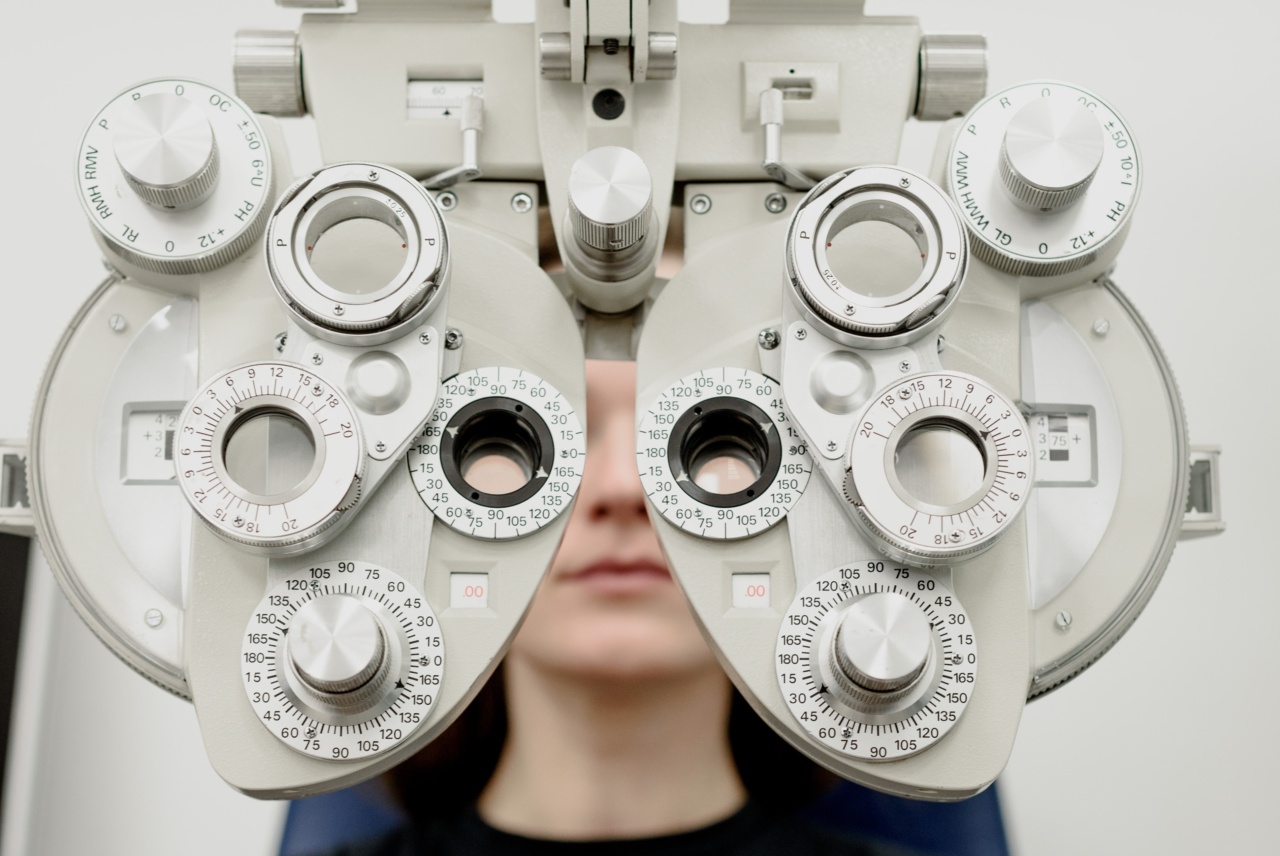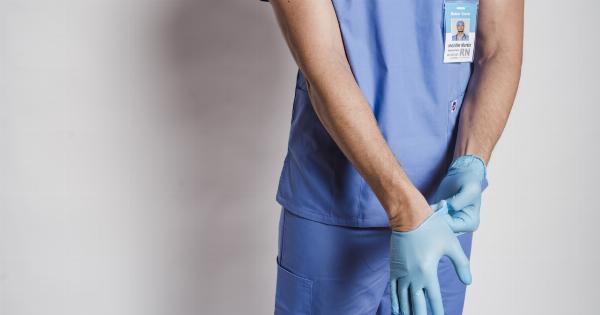Cataract surgery is a common procedure that helps to improve eyesight in those suffering from cataracts. During the procedure, the cloudy lens of the eye is removed and replaced with an artificial lens.
While the surgery itself is relatively straightforward, it’s important to take care of your eyes properly after the procedure to ensure optimal healing. Here are some post-op care tips for cataract surgery patients.
1. Avoid rubbing your eyes
After cataract surgery, your eyes may feel itchy or dry. It’s important to resist the urge to rub your eyes, as this can cause damage to the delicate tissues and potentially dislocate the new lens.
Instead, use eye drops or artificial tears to help soothe your eyes.
2. Wear sunglasses
After cataract surgery, your eyes may be more sensitive to light. Wearing sunglasses can help to protect your eyes from bright sunlight and reduce any discomfort you may be feeling.
3. Follow your doctor’s instructions
Your doctor will provide you with specific instructions to follow after your surgery, such as when to start using eye drops and when to come in for a follow-up appointment.
It’s important to follow these instructions carefully to help ensure a quick and smooth recovery.
4. Avoid strenuous activities
While you should be able to resume normal activities within a few days of your surgery, it’s important to avoid any activities that may put strain on your eyes, such as heavy lifting, bending over, or exercise.
Your doctor will be able to provide you with specific guidance on when it’s safe to resume these activities.
5. Keep your eye shield on at night
Your doctor may provide you with an eye shield to wear at night to help protect your eyes while you sleep. It’s important to wear this shield as directed, as it can help to prevent accidental rubbing or scratching of the eye.
6. Use prescribed eye drops
Your doctor may prescribe antibiotic and anti-inflammatory eye drops to help speed up the healing process and reduce the risk of infection. It’s important to use these drops exactly as directed to ensure their effectiveness.
7. Don’t drive until you are cleared by your doctor
You should avoid driving until your doctor has cleared you to do so. This is generally 1 to 2 weeks after surgery, but can vary depending on your individual recovery process.
8. Attend all follow-up appointments
Your doctor will want to monitor your recovery process after surgery. It’s important to attend all follow-up appointments to ensure that your eyes are healing properly and that there are no complications.
9. Avoid swimming or hot tubs
You should avoid swimming or using hot tubs for at least 2 weeks after surgery to reduce the risk of infection to your eyes.
10. Be patient and don’t rush things
Finally, it’s important to remember that recovery takes time. Be patient with your body and don’t rush things. Follow your doctor’s instructions carefully and allow your eyes the time they need to heal properly.




























